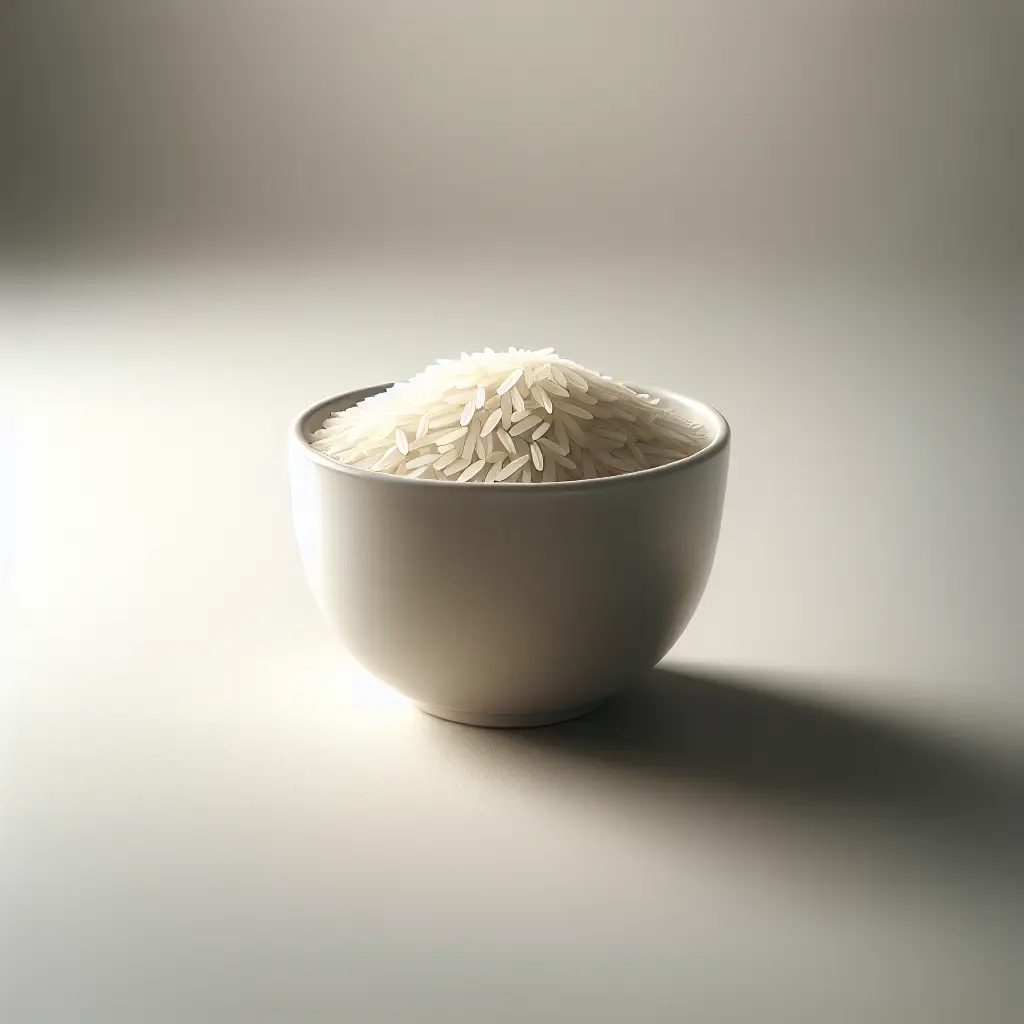Basmati Rice: A Guide to Cooking, Nutrition, and Health Benefits
Basmati rice is a long-grain rice that is grown in India and Pakistan. It is known for its delicate flavor and aroma, and it is a popular choice for dishes such as biryani, pulao, and pulao. Basmati rice is also a good source of fiber and protein.
Cooking Basmati Rice
Basmati rice is easy to cook. The following steps will help you cook perfect basmati rice every time:
- Rinse the rice in a fine-mesh sieve until the water runs clear. This will remove any starch or debris from the rice.
- In a medium saucepan, combine the rice, water, and salt. Bring the mixture to a boil over high heat.
- Reduce the heat to low, cover the saucepan, and simmer for 15-18 minutes, or until the rice is cooked through and all of the water has been absorbed.
- Remove the saucepan from the heat and let it stand, covered, for 5 minutes before fluffing the rice with a fork.
Nutritional Value of Basmati Rice
Basmati rice is a good source of several nutrients, including:
- Fiber: Basmati rice is a good source of fiber, which is important for digestive health. Fiber can help to prevent constipation, diarrhea, and other digestive problems.
- Protein: Basmati rice is also a good source of protein, which is essential for building and repairing tissues. Protein can also help to keep you feeling full and satisfied.
- Vitamins and minerals: Basmati rice is a good source of several vitamins and minerals, including niacin, vitamin B6, and iron. These nutrients are important for overall health and well-being.
Health Benefits of Basmati Rice
Eating basmati rice may provide several health benefits, including:
- Improved blood sugar control: Basmati rice has a low glycemic index, which means that it does not cause a spike in blood sugar levels after eating. This makes basmati rice a good choice for people with diabetes or prediabetes.
- Reduced risk of heart disease: Basmati rice is a good source of fiber, which can help to lower cholesterol levels and reduce the risk of heart disease.
- Improved digestion: The fiber in basmati rice can help to improve digestion and prevent constipation.
Conclusion
Basmati rice is a healthy and delicious grain that can be enjoyed as part of a balanced diet. It is easy to cook and is a good source of several nutrients, including fiber, protein, and vitamins. Eating basmati rice may provide several health benefits, including improved blood sugar control, reduced risk of heart disease, and improved digestion.
How many calories are in Basmati Rice?
Each 1 cup of Basmati Rice contains 205 calories.
Basmati Rice Nutritional Information
| Nutrient | Amount per 1 cup (158g) |
|---|---|
| Calories | 205 Calories |
| Protein | 4.3g |
| Fat | 0.4g |
| Saturated Fat | 0.1g |
| Cholesterol | 0mg |
| Carbohydrates | 45g |
| Dietary Fiber | 0.6g |
| Sugar | 0.1g |
| Sodium | 0.0016mg |
| Potassium | 0.0553mg |
| Calcium | 0.016mg |
| Iron | 0.0019mg |
